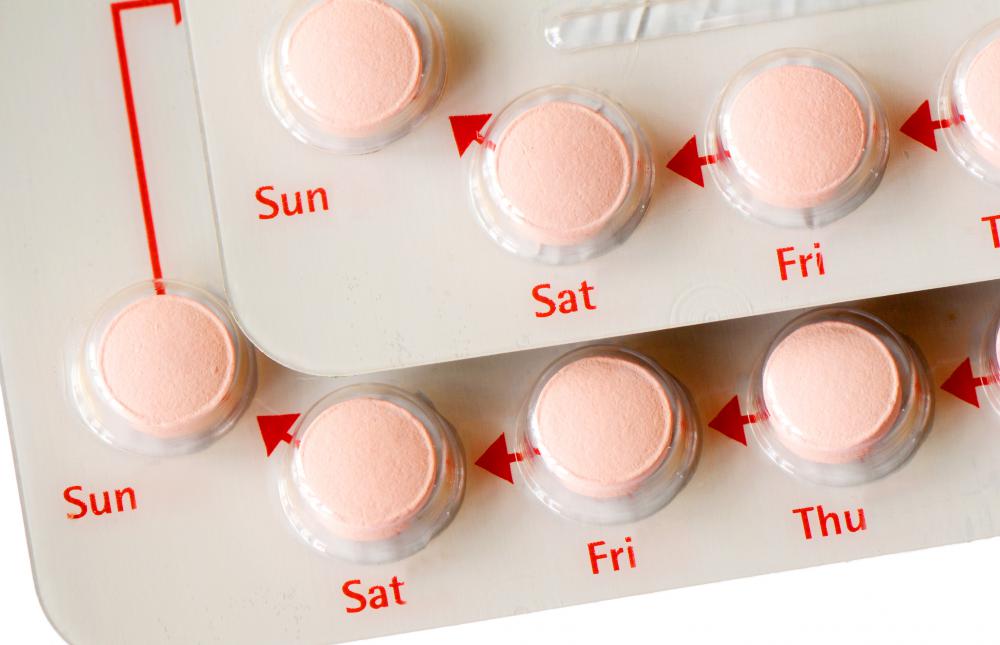At WiseGEEK, we're committed to delivering accurate, trustworthy information. Our expert-authored content is rigorously fact-checked and sourced from credible authorities. Discover how we uphold the highest standards in providing you with reliable knowledge.
What are the Pros and Cons of Contraceptive Injections?
Contraceptive injections, a type of birth control administered every three months, have many positive and negative aspects. First and foremost, they can prevent pregnancy. Injections are also a relatively low maintenance form of birth control, can be used while breastfeeding, and may reduce the risk of some health issues. Contraceptive injections cannot, however, be used for those with breast cancer, blood clotting issues, or liver disease. They can cause an irreversible loss of bone density, thereby increasing one's risk of osteoporosis, as well as bring about some side effects. These injections also do not protect against sexually transmitted diseases (STDs) and are not recommended for women wishing to get pregnant within two to three years.
According to research, contraceptive injections can prevent pregnancy at a rate of 97% as long as the shots are administered every three months. Studies have shown that only three out of 100 women who use contraceptive injections as their primary form of birth control experience a pregnancy within the first year. An injection relies on the hormone progestin to suppress ovulation and thicken cervical mucus to inhibit sperm from fertilizing any stray eggs.

Unlike estrogen-based birth control methods, progestin-based contraceptive injections are compatible with breastfeeding. Studies have shown that estrogen suppresses milk production, while progestin has little to no affect on it. While exclusive breastfeeding is considered a form of birth control for the first six months, or until solids are introduced to a baby's diet, using a contraceptive injection at the same time makes the chances of pregnancy very small.

Contraceptive injections have also been shown to reduce the risk of some uterine cancers by up to 80%. Studies have also shown that they reduce the development of uterine fibroids and in some cases shrink existing fibroids. Injections may also reduce the risk of developing pelvic inflammatory disease.
When used for over two years, especially by women with a family history of osteoporosis, contraceptive injections can significantly reduce some women's bone density, however. This can cause health issues later in life, causing bone pain, arthritis, and back and neck pain as well as frequent breaks in the bones. As a result, contraceptive injections are typically not recommended for long-term use.

This birth control method can cause some unwanted side effects in some women including weight gain, irregular periods, dizziness, fatigue, and hair loss. In rare cases, it can also cause depression. As with every hormonal birth control method, these injections do not protect against the contraction or transfer of any STD. Therefore, it is recommended that a condom be used in conjunction with the injections when a woman is not in a long-term, monogamous relationship.

These injections reach full protection two weeks after the first injection and continue to protect women from pregnancy as long as the shots are administered on a routine basis. Once the shots are discontinued, however, it can take at least 10 months, and up to three years, for a woman's fertility to reach its normal level. For women planning to get pregnant relatively soon, another form of birth control may be better suited.
AS FEATURED ON:
AS FEATURED ON:















Discuss this Article
Post your comments